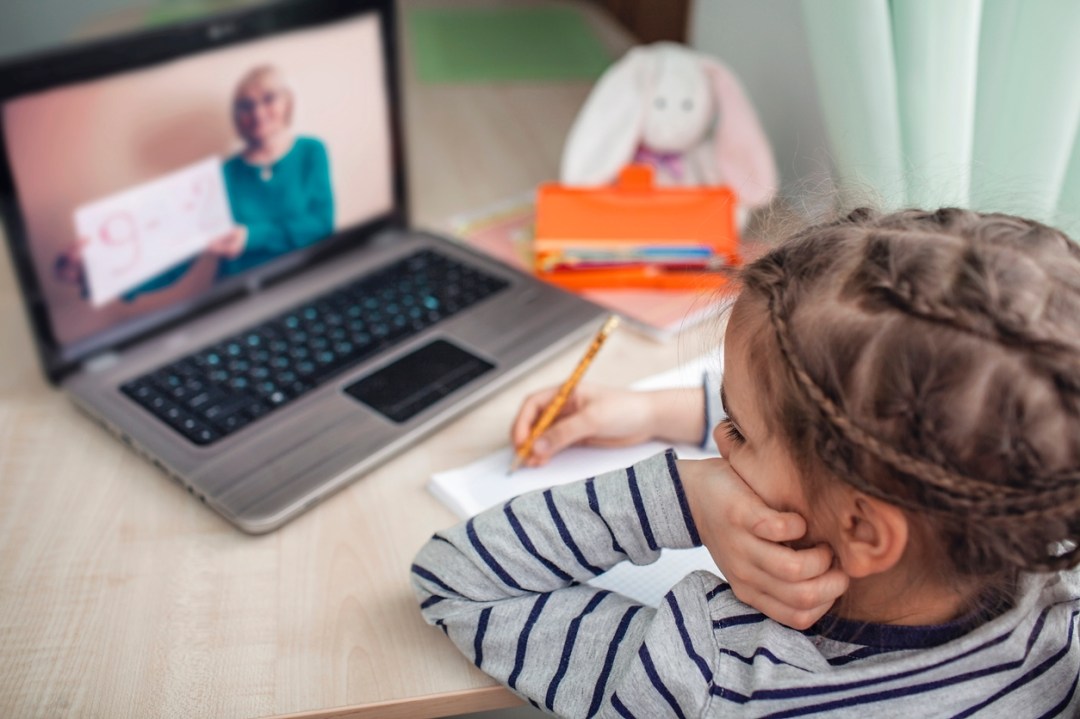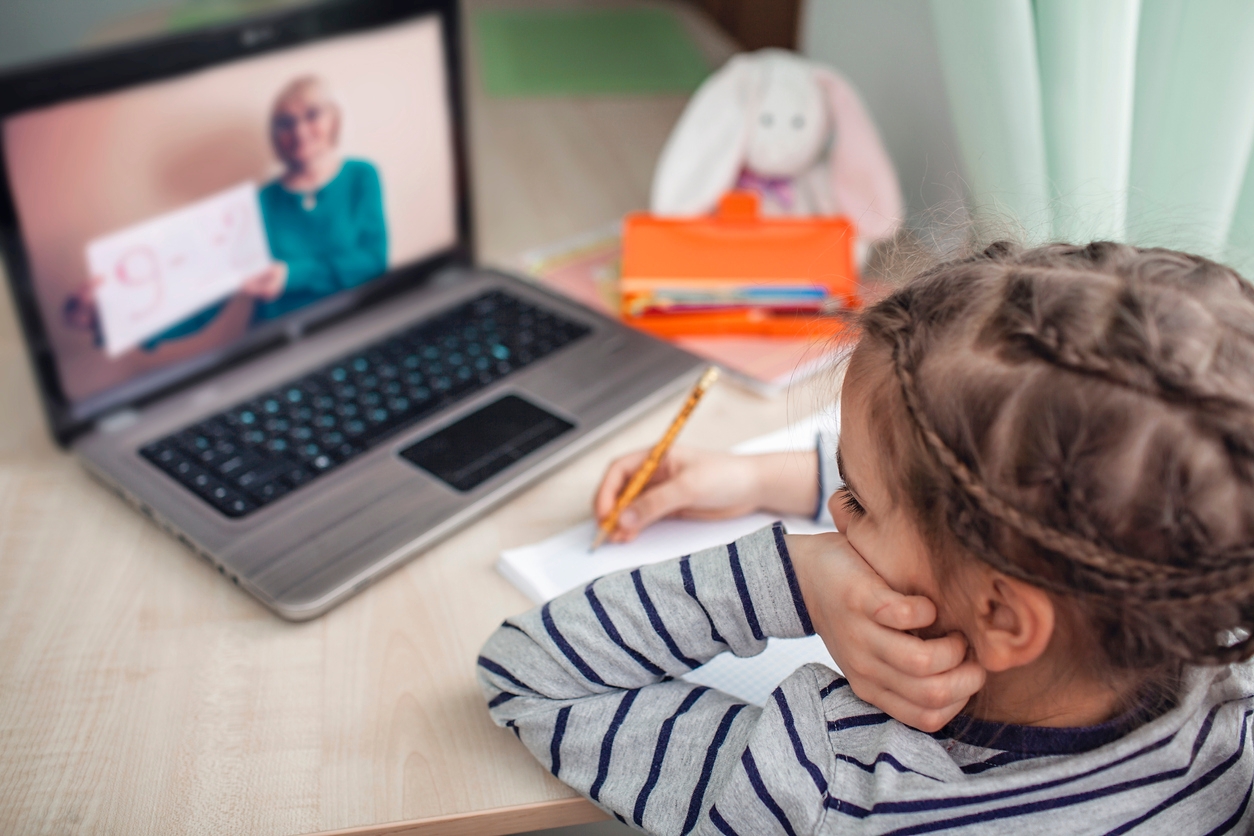Forgive me, I’m not going to go through all the tragedies of the pandemic in this piece, not because I don’t care, but because I’ve got no time and I’m writing under very harried circumstances: the kids are still up, my deadline’s looming, and my wife keeps sending me WhatsApp messages about emailing the headteacher again. Oh boy.
Things are very tense for parents. My wife’s been googling when she should be sleeping. I wake up to emails about my schedule or screenshots of government guidance, which is what this article’s about: we read this guidance, which is published for parents, and we listen to what politicians say, and we read the news, but the things we hear and read do not match reality.
For example, if you look through the government guidance for parents, it says that nurseries are open, but look, there’s my four-year-old in our house. His nursery wouldn’t let him attend. Parents whose kids went to that nursery have been scrambling for places at other nurseries, while politely inquiring if they’ll have to pay, because their early years funding is with the nursery that won’t let their children in. That’s not in the guidance.
Or what about the bit of the guidance where it says a child is eligible for a school place if at least one parent is a critical worker and they can’t keep their child at home. Some schools felt that too many children would attend, so they created their own guidance. They decided both parents must be a critical worker, and the schools would decide who was and wasn’t critical.
My wife works at a hospital and her patients are children, but we missed out. We weren’t told why, but I guess they decided I can keep our children at home. Some hospitals wrote letters for their staff, addressed to ‘whom it may concern’, clarifying that only one parent needed to be a critical worker. Nothing changed. It was like notes passed between divorcing parents.
‘Can’t you look after the kids?’ That’s what a relative who works in a school said to me during a heated phone call. She talked about pupil numbers and risk, and how the guidance says parents should keep their children at home if they can. I thought, ‘That’s easy to say if you don’t have to give up your income.’ But yes, I can look after my kids. I did it last year.
This is what people forget. We did this already. I had my kids in the car as I tried to stand up stories; I had them in the car as I interviewed people; I put them in front of Operation Ouch as I phoned a woman who lost her job; they played PS4 as I tried to finish a project which I still haven’t finished, and for which the money runs out in March. It was impossible. I couldn’t do my work and be a school and a nursery. Now I need to work.
Parents have been criticised for trying to claim critical worker status and get their kids into school. I’m not sure how many parents pretended. That seems like a recipe for awkward school gate encounters. But I get why parents were desperate to get their kids into school. Many parents took a big hit in 2020, and many haven’t recovered. They learned a hard lesson in the first lockdown: we are not in this together.
We’re lucky that my wife has a job in the NHS, a growth industry these days, but she doesn’t earn enough to cover my share of the mortgage and bills. It also doesn’t seem like a fitting reward for me to turn around and say, ‘Have a good day at the hospital, and by the way, I didn’t work yesterday, I won’t work today, and I won’t work tomorrow, so stick to filter coffee.’
I’m a journalist. I earn money by writing up stories. There’s a big story at the moment. It rhymes with doronavirus. Journalists are on the critical list, so we applied for a school place, but got knocked back. I understand the decision. I’m not saving any lives. It is a bit odd though, that behind closed doors school staff are choosing who can and can’t work.
The most upsetting thing is the disparity in the children’s education. The government guidance says children who don’t get a place in school will be taught remotely for the equivalent hours. By parents. So parents, many of whom aren’t kept afloat by any government assistance for a web of reasons, will be trying to get their work done and look after their kids and teach them too. Again.
Come to my house and witness remote education: ‘Stop. No. Stop. I’m going to lose my temper. I don’t know. Who’s using the internet? Where’s the password? Where’s the iPad? Where’s your brother? You can use my phone. I need my phone. In a second. In a minute. After lunch. Google it. I don’t know. PS4?’
Schools have put a lot of work into remote teaching, but the idea that parents will be able to teach children at home while also working is a charade. Some families with only one child, or families with older children, will no doubt make some headway, but many families won’t and many children will not be educated for as long as lockdown lasts, just like they weren’t in 2020. It’s a bummer, but it’s the truth.







Comments